For centuries, The Channel's rich underwater life has fed the densely populated coasts surrounding it. Strong currents, irregular coastlines and a temperate climate have supported its uniquely productive biodiversity. Today, the same question is frequently asked in the course of public debates about fishing quotas, see weed invasions and marine renewables energies:
How well is the English Channel coping? and how will it be 50 years from now?
Amongst health statistics, fisheries statistics and ponctual analyses of the sea bed are useful, but only cover a small fraction of this invisible common good. Besides, for the general public, increasingly engaged in public policy, statistics are more abstract than the picture of an oil-laden bird, and spotty images can easily be biaised.
So how could we provide a fuller, more concrete and objective picture of the Channel?
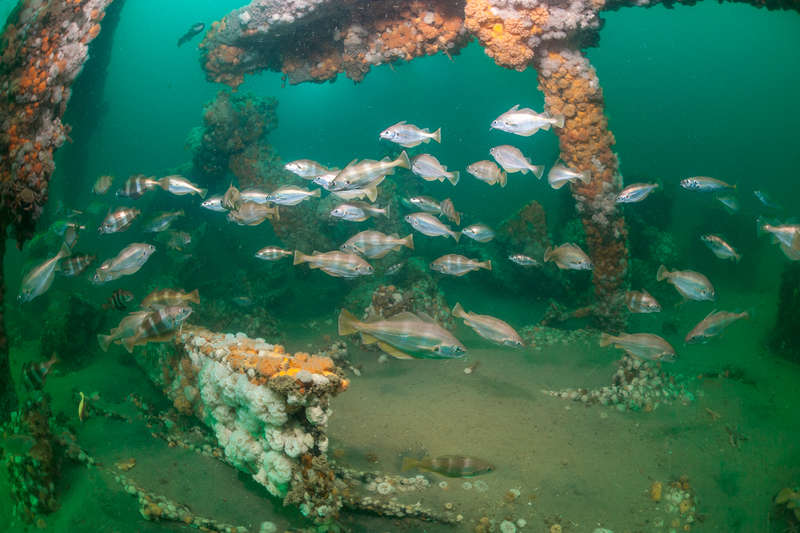
Credit: www.CorKuyvenhoven.com
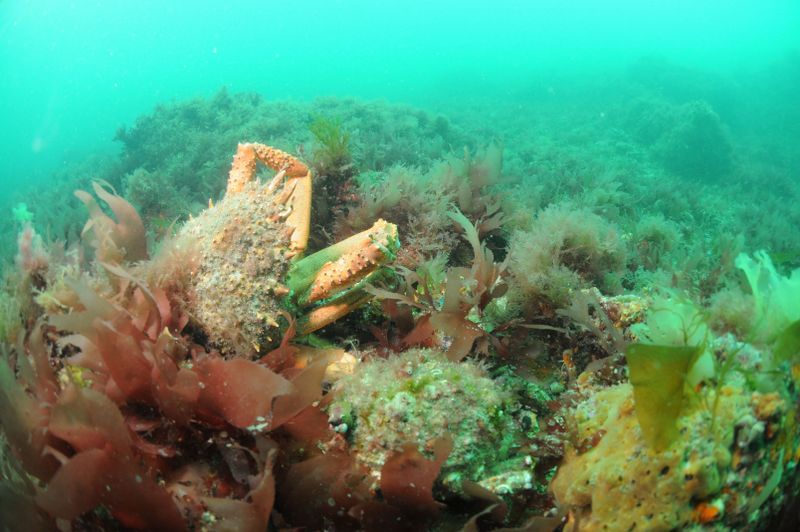
Credit: E. Feunteun
To find out, we have decided to go and see for ourselves. What was originally a childhood dream has matured as a project :
On August 5th 2016, we will embark on a week long underwater journey across the Western English Channel aboard a specially designed autonomous submarine. Covering around 250 km from Plymouth in UK to Saint-Malo in France, we will follow the sea bed without surfacing, across a variety of underwater landscapes including the deep and remote valley at mid way.
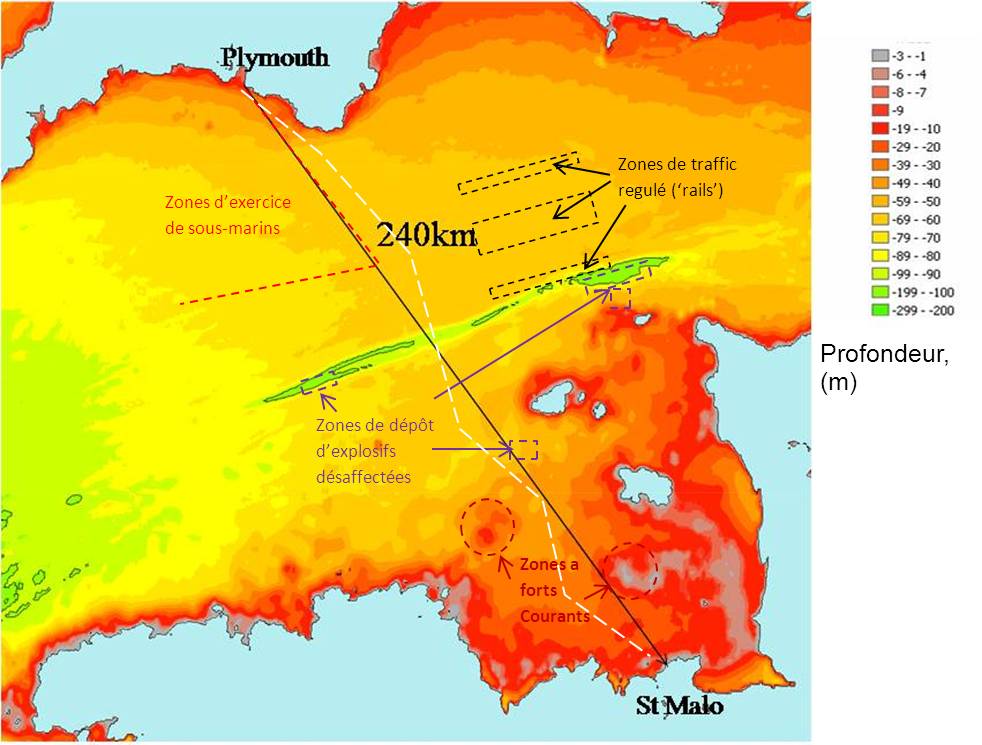
Aside from the direct observations, a continuous recording of seabed images, ambient sound (taking advantage of the silent human powered propulsion) and other sensors is planned to bring back to the public comprehensive and unbiased views of the Channel. The data will also be exploited by scientists to improve ecosystem habitats maps, spot some rare species and potentially serve as a baseline for future repeat surveys.
We might also uncover some shipwrecks, of which there are dozen lying there waiting to be identified...
To spice up the challenge, the submarine propulsion will be powered by its 2 pilots/passengers taking shifts pedaling, each burning as many calories as cycling a stage of the Tour de France every day.
With experience as petroleum engineers, we have witnessed the ever growing technical challenges of fossil fuels extraction, and the delicate management of its environmental impact. Oil is becoming precious. It now often makes more sense to save a kilowatt-hour than produce a new one, but it seems we are blinded to this fact by our addiction to cheap and plentiful energy.
With an extreme -and we hope inspiring- example of propulsive energy soberness, we want to wake people up from their power and gas guzzling dreams.
If we can move 3 tons into hardly ever explored places with only a quarter of a horse power, do we really need a 80 hp car to do some shopping 2 miles from home?
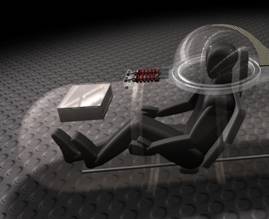
Maintaining autonomy energy, respiratory, navigation in a hostile place is far from trivial even for a few days. Every input and output has to be accounted for, including the ones taken for granted on earth. We hope that this observation, along with the data brought by the expedition, will help people realizing how closely we depend on our environment as it is today to live.
A bit like the pilot fish and sharks depend on each other, we depend on sustained biodiversity to live and feed ourselves over the long run.
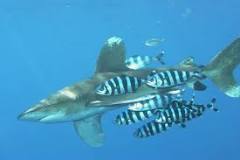
credit: Peterkoelbl